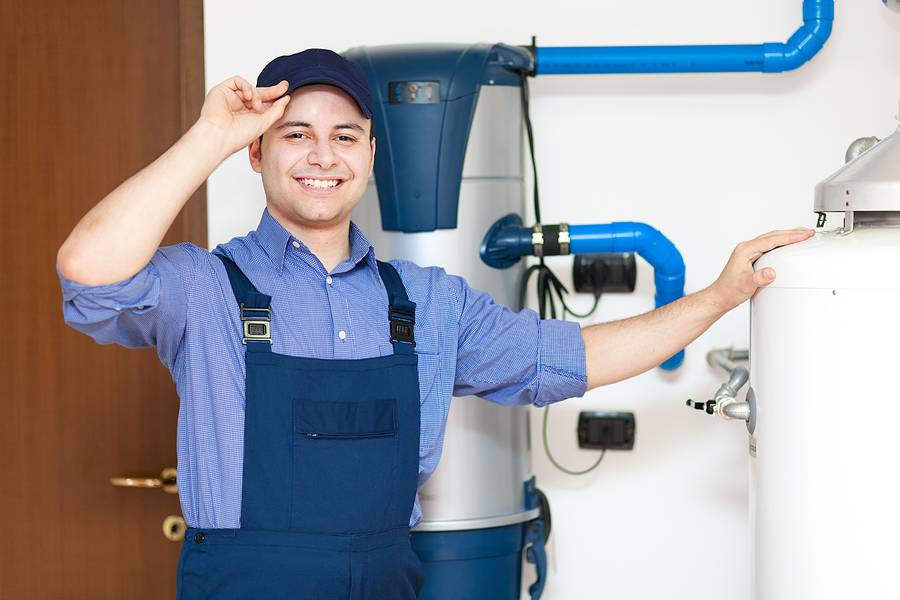Call This Sunday to Get $50 OFF
Call us today
214-943-2424

We commonly get asked so many questions from homeowners about their water heaters. Usually, the answers are common and simple, so to inform homeowners about the common questions we get on water heaters, we gathered this article. Let’s get some answers.
There are two main types of water heaters: tankless and standard tank water heaters. Stand tank water heaters will heat the water in a large tank whenever you turn the tap on. Tankless water heaters heat the water as it is being used.
The size of the water heater depends mainly on the size of your house and how much water is being used. If you have a large family where everyone uses hot water, it is recommended to install a water heater with a tank that can hold 50-80 gallons of water. However, if you have less than four people in your house and have a small house, you can install a smaller one, like a tankless type.
If you constantly run out of warm water, it can be that all the heated water has been used and cold water has to be heated, or there is a problem with the system as it should easily warm the water.
Water heaters shouldn’t constantly leak. This must be inspected as there might be a deeper issue. Call Texas Rooter to learn more about water heater leaks.
Unless there is a problem with the water heater system, the plumbing system may cause the problem. Contact a plumbing service to get your water heater today.
If your water heater smells horrible, this shows that the mineral compound is building up in the tank. The smell can be like rotten eggs or like sulfur. You will have to clean the tank or call a plumber in McKinney.
Conserving heated water is not directly related to the water heater. You can install a low-flow showerhead and maintain your water heater to conserve the most heat.
Replacing the water heater is completely up to you. However, it is recommended to replace your standard tank water heaters every ten to fifteen years and your tankless water heaters every 20 years if they are properly maintained. Contact Texas Rooter to get your water heater installation today.
Water heaters are one of the fastest home equipment to wear down. The sediment inside easily builds up in the tank, and unless it is maintained properly, there will be many problems. So, we recommend that you maintain your water heater and flush out all the water, and clean it at least once a year.
Putting drain pans depends on where it is put. You can put a drain pad under your water heater if your water heater is located in an enclosed space. This way, you can be protected against leaks.
If you are looking for a professional plumbing service to help with your water heater repair, you are at the right address. At Texas Rooter, we are always dedicated to providing quality services to our customers. Call us today to learn more about us and our services.
When most people hear the words pipe repair, they picture broken…
Read MoreThe sewer line is a core part of any habitable property, but they're out of…
Read MoreGarbage disposals are designed to make kitchen cleanup easier, not to handle everything that comes…
Read MoreThere’s nothing quite as frustrating as trying to rinse vegetables or wash dishes only to…
Read MoreThere’s something curious about how many people treat plumbing problems – especially in the
Read More